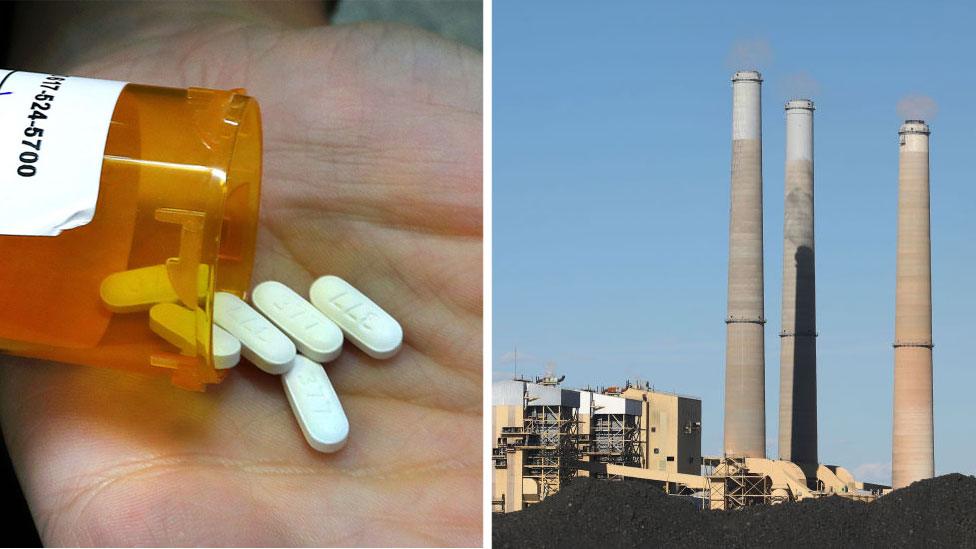Super Tuesday: The winners and losers in Democratic race
- Published
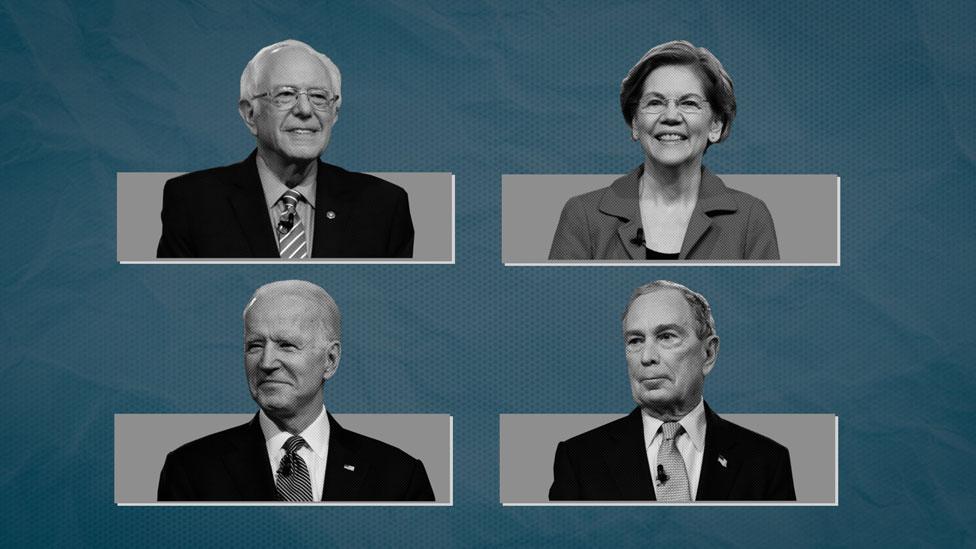
A four-way contest soon became a two-horse race as the results from 14 US states rolled in. But who were the biggest winners and losers in the Democratic race to challenge Donald Trump?
WINNERS
Joe Biden

What happened?
Joe Biden came into Super Tuesday hoping his momentum from a surprisingly big South Carolina win would translate into success in some of the states and allow him to keep within sight of Bernie Sanders in the delegate count. By that metric, his evening succeeded beyond his best expectations.

Key takeaways
1) Biden's support among black voters, which was on display in South Carolina, was replicated across the South, in states like North Carolina, Virginia and Alabama, where he consistently won around 60%. It also helped offset Bernie Sanders' strength with Hispanic voters in Texas.
2) Joe-mentum was real. According to exit polls, voters who decided who to support in the last few days before Super Tuesday broke overwhelmingly toward Biden. While that didn't help him in California, where almost half the electorate voted early, it proved decisive elsewhere. Biden was even winning states like Arkansas and Tennessee, which he didn't even campaign in. That was the power of his momentum.
3) The endorsements mattered. On Monday, Minnesota Senator Amy Klobuchar dropped out of the presidential race and threw her support behind Biden. In her home state, a race that had appeared to be a toss-up between her and Sanders ended up being a near double-digit Biden win. Biden held an endorsement-palooza in Dallas on Monday, with support from Klobuchar, Pete Buttigieg and Beto O'Rourke. He greatly overperformed his polls there, as well.
What next?
Tuesday night was a celebration for Biden but now the hard work begins. He is in for a state-by-state slog against Sanders that could stretch all the way to the Democratic National Convention in July. He'll have to fundraise furiously and organise rapidly to make up for the Vermont senator's campaign advantages. Meanwhile, Republicans are going to start training their fire on him - again.

Bernie Sanders

What happened?
The Vermont senator was hoping Super Tuesday would be his knockout punch. Instead, it looks as if he's in for a full 15-round heavyweight fight with Joe Biden. While he is on course to win the biggest prize of the evening, California, it was counterbalanced by losses in at least eight of the remaining 13 states.

Key takeaways
1) Sanders' Latino support is still strong. One of the big differences between Sanders in 2016 and Sanders today is that his coalition is no longer just liberal white voters. His appeal to Latino voters, particularly the young, was first on display in Nevada - and he demonstrated it across the Super Tuesday states where, according to exit polls, he won 35% of their vote.
2) Speaking of young voters, Sanders straight-up dominated the under-29 vote once again, winning 65% to Biden's 17%. The challenge for the Sanders camp, however, is that there is little indication that they're turning out in higher numbers than usual. If there was a surge in turnout in Super Tuesday states, it was from moderate suburban voters - the kind that are more inclined to support Biden.
3) Vermont may be home, but it wasn't quite as sweet. Bernie lost some states, like Minnesota and Massachusetts, that he thought he had a good shot at winning and struggled in others, like Texas and Maine. Perhaps most surprising, however, is the Vermont senator only took 50% in Vermont. Given that Sanders took his home state and all its delegates in 2016 with 85.7%, that is a remarkable result.
What next?
A key tell from Super Tuesday was that Sanders gave his "victory" speech and his supporters packed up and went home before the polls in California, his strongest state, even closed. The evening did not go the way the Vermont senator and his loyal fans would have liked.
While Biden may be riding high for the moment, however, Sanders continues to pull in political donations unlike anyone else in the field - $46.5m in February alone - and has a battle-tested campaign team that went through a similar state-by-state primary grind against Clinton in 2016.
Outside of California Tuesday was a rough night for Sanders, but the race for the Democratic nomination is far from over.

LOSERS
Mike Bloomberg

What happened?
Michael Bloomberg's unconventional presidential campaign strategy of skipping the early states and spending heavily on Super Tuesday just ran head-first into cold, hard reality.

Key takeaways:
1) While most of the candidates in the race were liked by Democrats, Bloomberg was underwater. In Virginia, for instance, 56% of primary voters viewed him unfavourably. Hundreds of millions of dollars in slick television adverts and glossy mailers won't do any good if voters don't trust you.
2) Bloomberg spent $34 million in television and radio advertisements in Alabama, North Carolina and Virginia, while Biden spent a fraction of that amount - and won all three. The early warning signs - empty campaign offices, sparsely attended voter canvassing events - turned out to be harbingers of doom.
3) He was surging in the polls just a few weeks ago. Then the Las Vegas debate, and his evisceration at the hands of Elizabeth Warren, happened. While many of the debates this campaign have had negligible effects, that one mattered.
What next?
Bloomberg quit the race and said he would support Biden. The two stated goals of his candidacy, besides actually winning the nomination, were defeating Trump and preventing Sanders from being the nominee. But while the former New York mayor says he will redirect his considerable resources and organisation towards the general election, it is not clear if he will help Biden against Sanders.

Elizabeth Warren

What happened?
After losses in Iowa, New Hampshire, Nevada and South Carolina, political analysts asked if there were any states where Elizabeth Warren might be competitive. On Super Tuesday, it was clear that there wasn't - not even her home of Massachusetts, which she lost to Biden despite the fact that he never visited or spent money advertising there.

Key takeaways
1) How embarrassing was Warren's home-state defeat? There was no demographic - men, women, young, old, white, black, rich, poor, liberal, moderate, educated or not - that she carried, according to exit polls.
2) Warren will pick up delegates in Massachusetts and one in Virginia, and she might net a few elsewhere. If the race between Biden and Sanders goes to the convention, even the handful of delegates she has could be valuable in deciding who gets the nomination. If there's a silver lining to her Super Tuesday, that's about as good as it gets.
What next?
Warren is still fund-raising and says she's going to keep campaigning in the coming states. There will, however, be considerable pressure on her from the Sanders camp to wrap things up and endorse him, as the moderates have for Biden. Perhaps his supporters were wishing they had held their tongue and sent fewer snake emojis her way when things got tense between the two candidates back in January.
More on the Democratic race
What unites these two bitter rivals?
MEET THE CANDIDATES: What are their key issues?
SIMPLE EXPLAINER: All you need to know about the primaries
THEN & NOW: How do these Democrats compare to Obama?
- Published3 February 2020
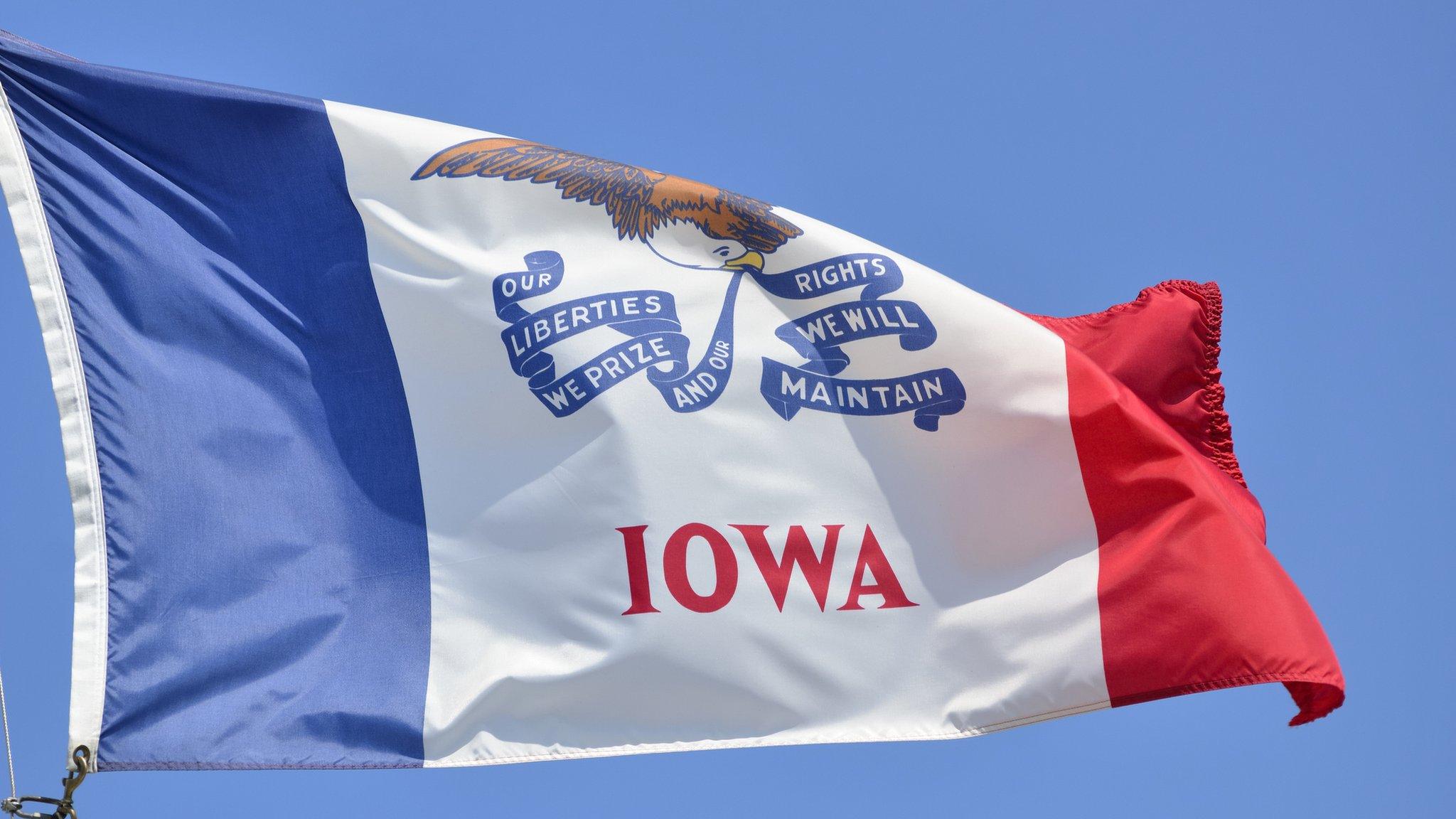
- Published5 March 2020
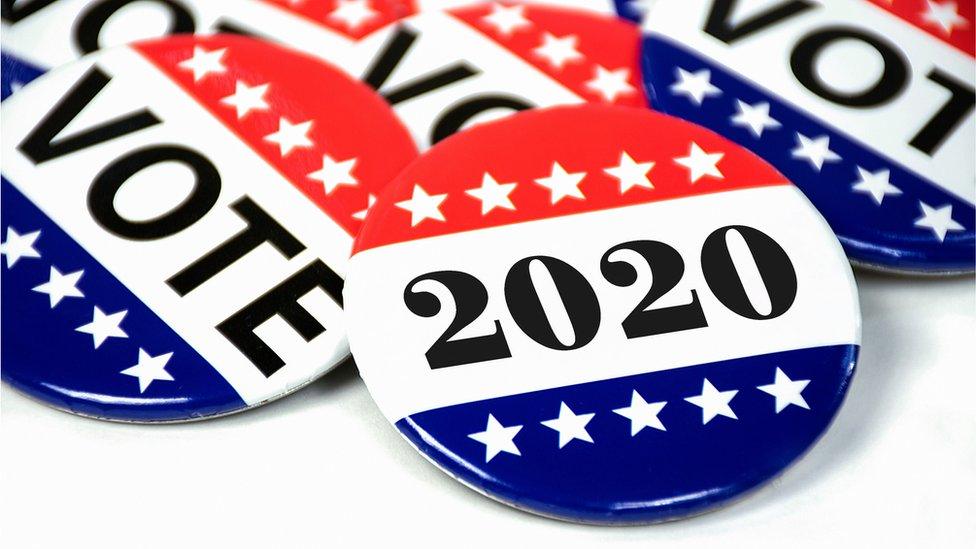
- Published19 May 2020
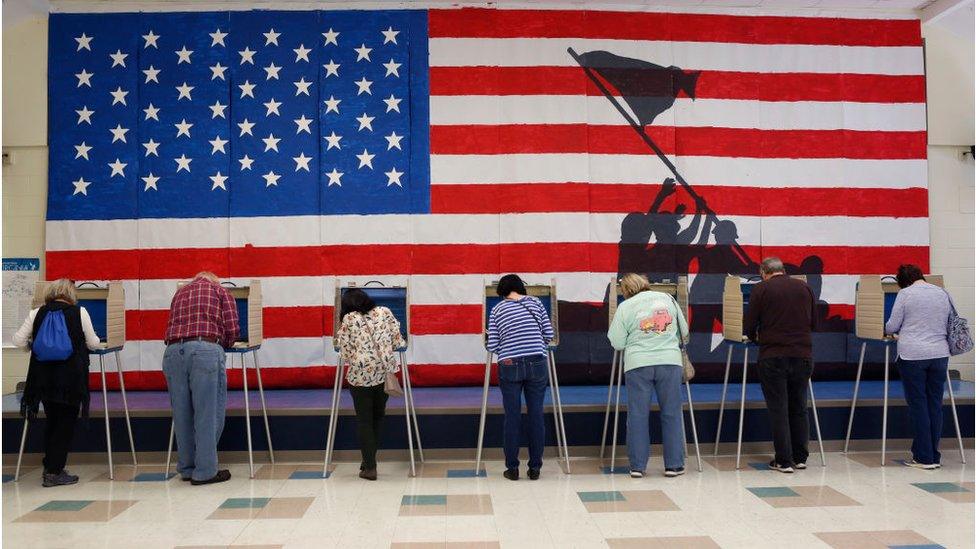
- Published9 December 2019
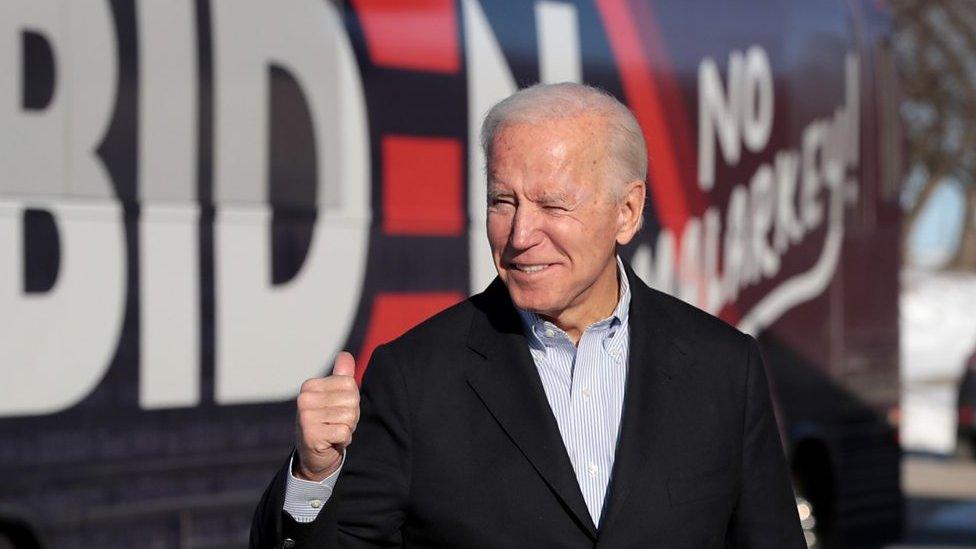
- Published2 March 2020
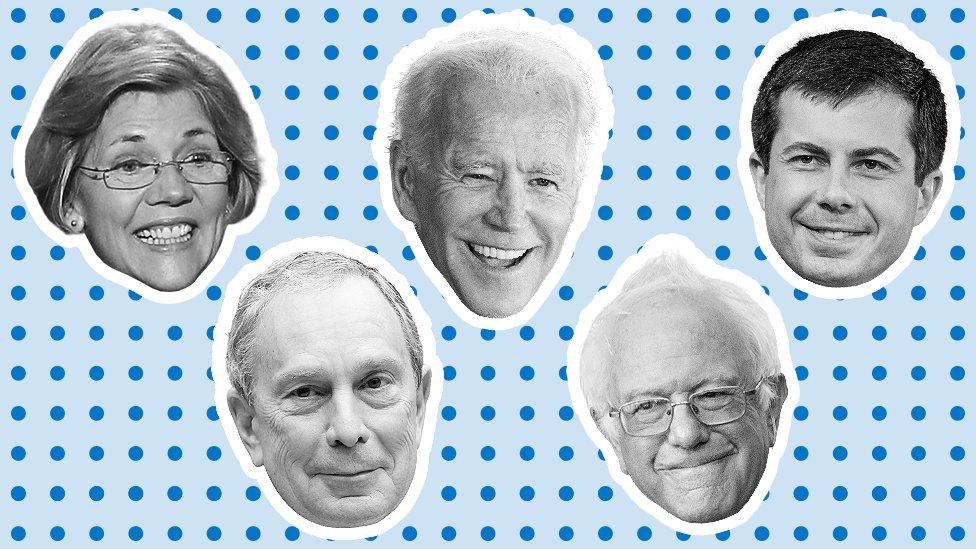
- Published17 January 2020
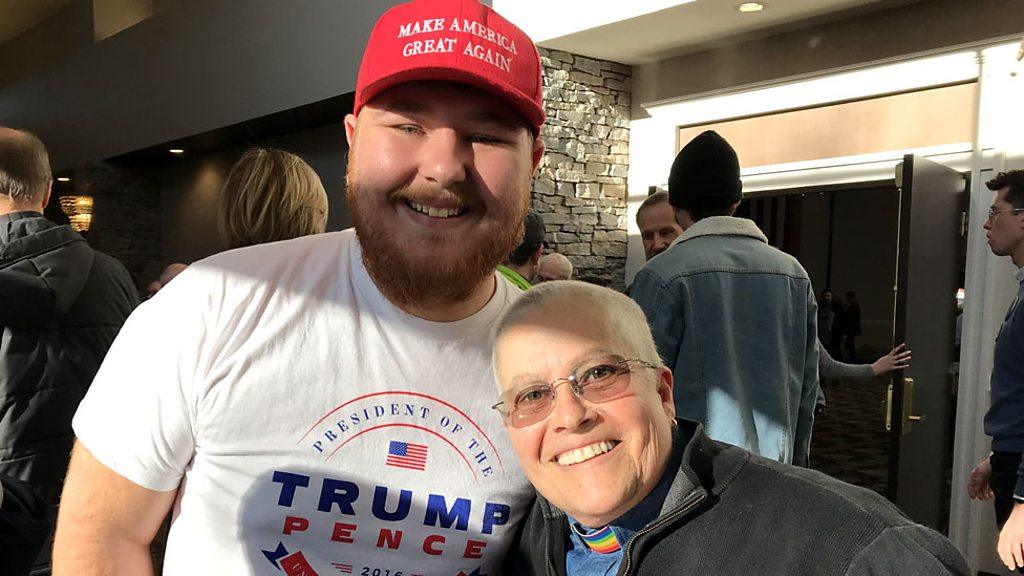
- Published4 February 2020
